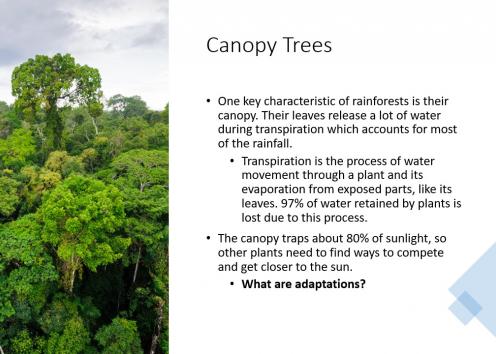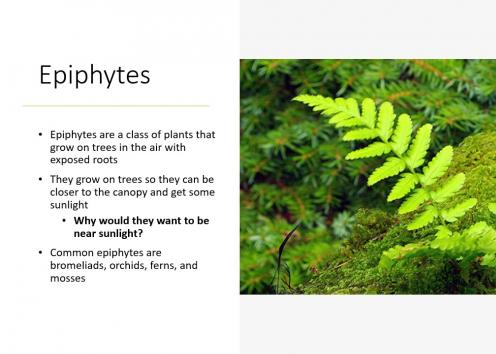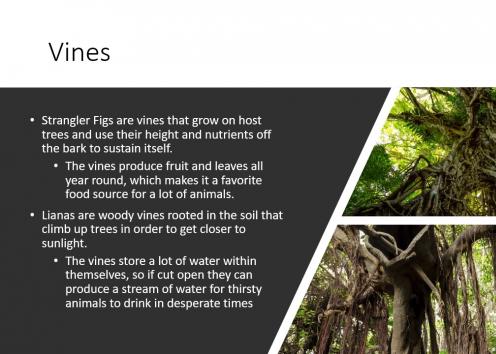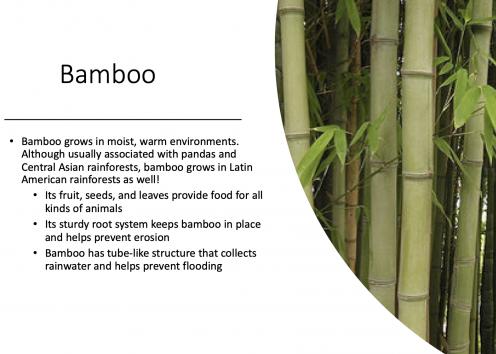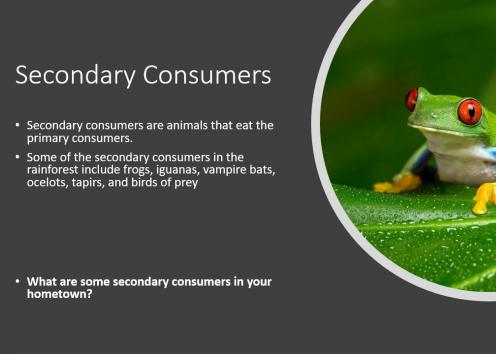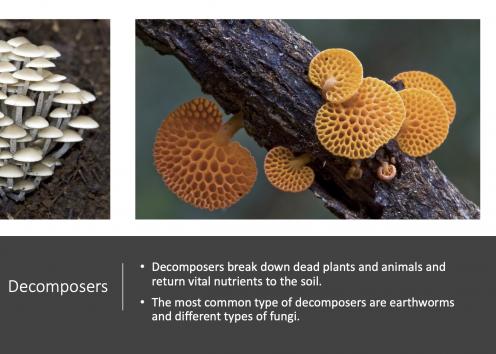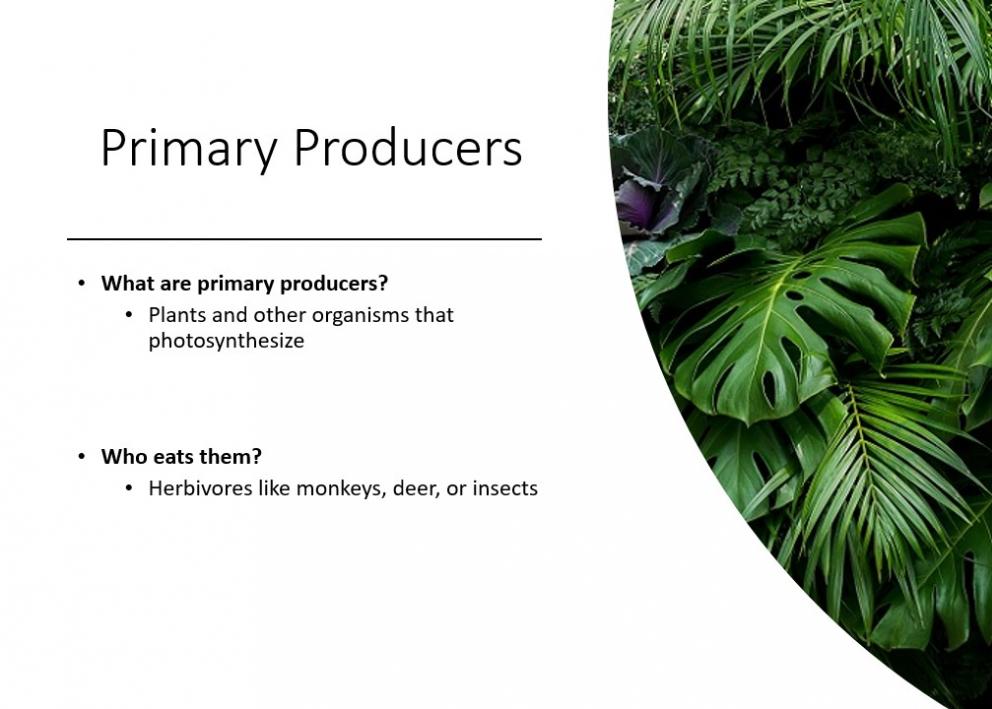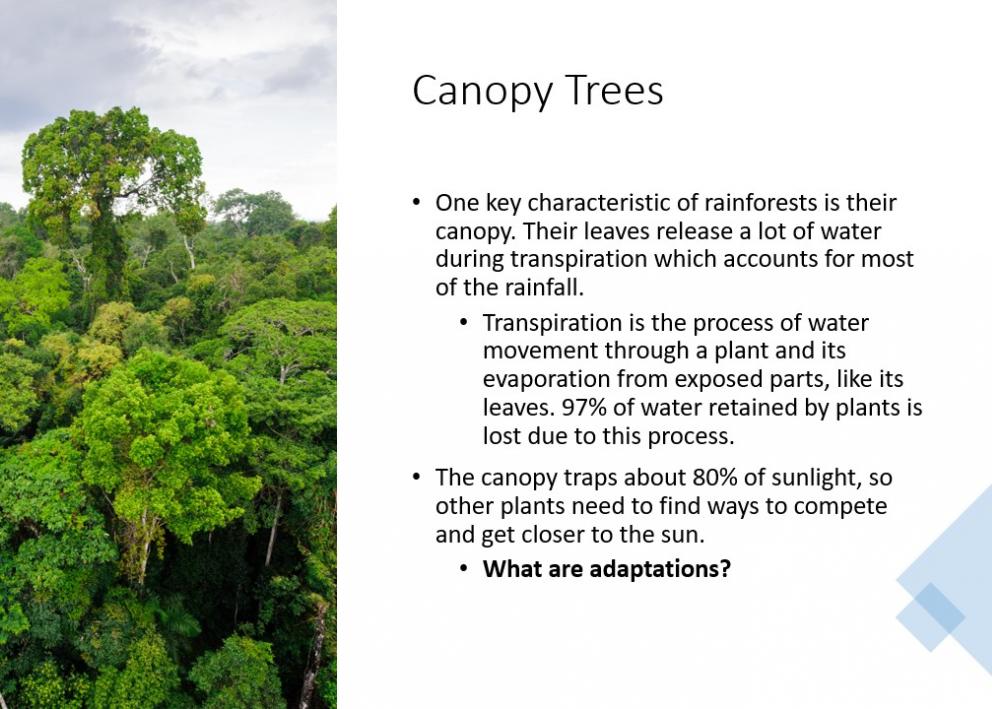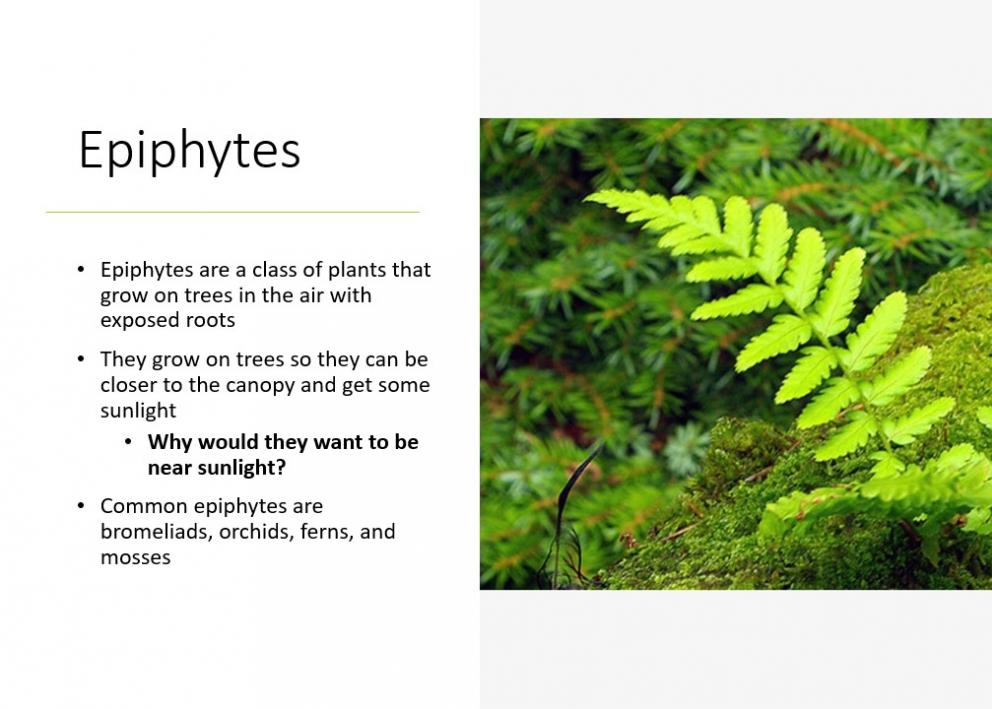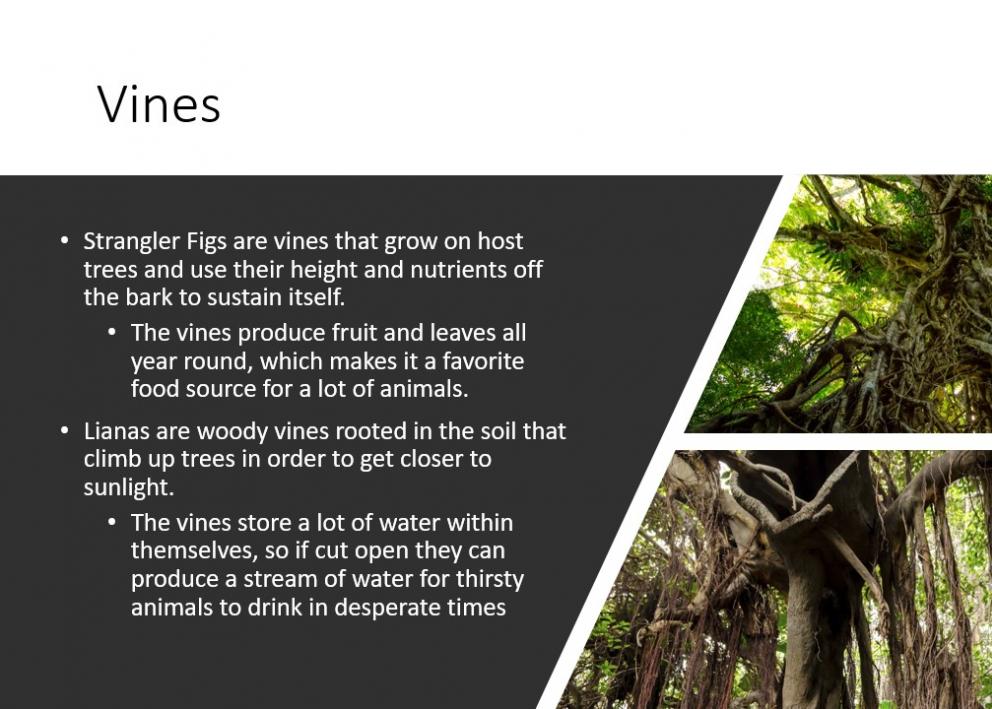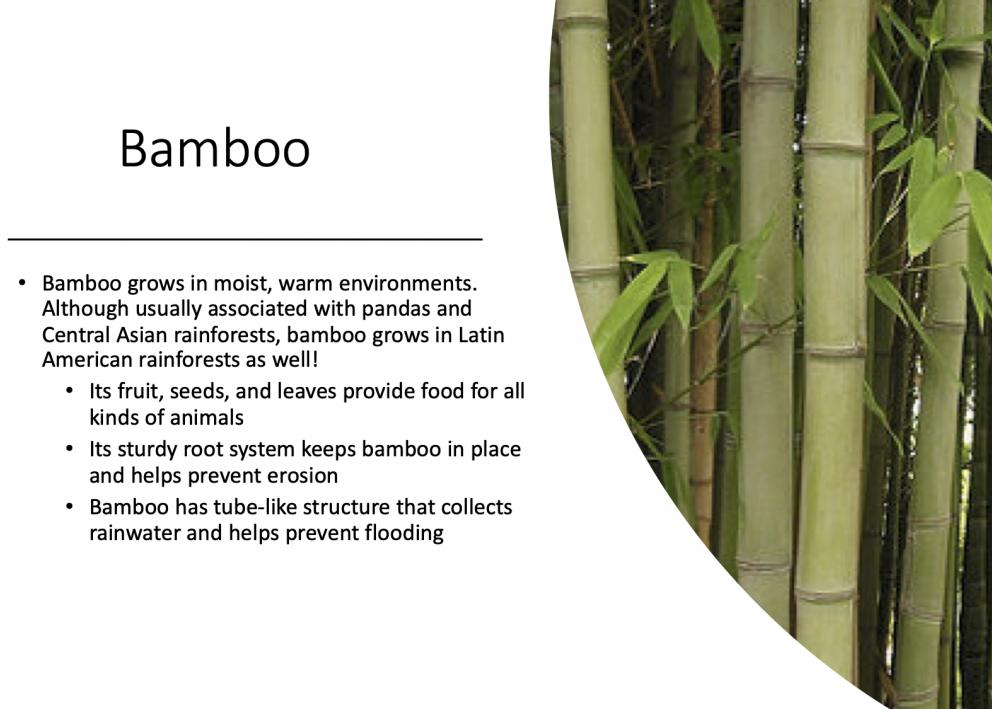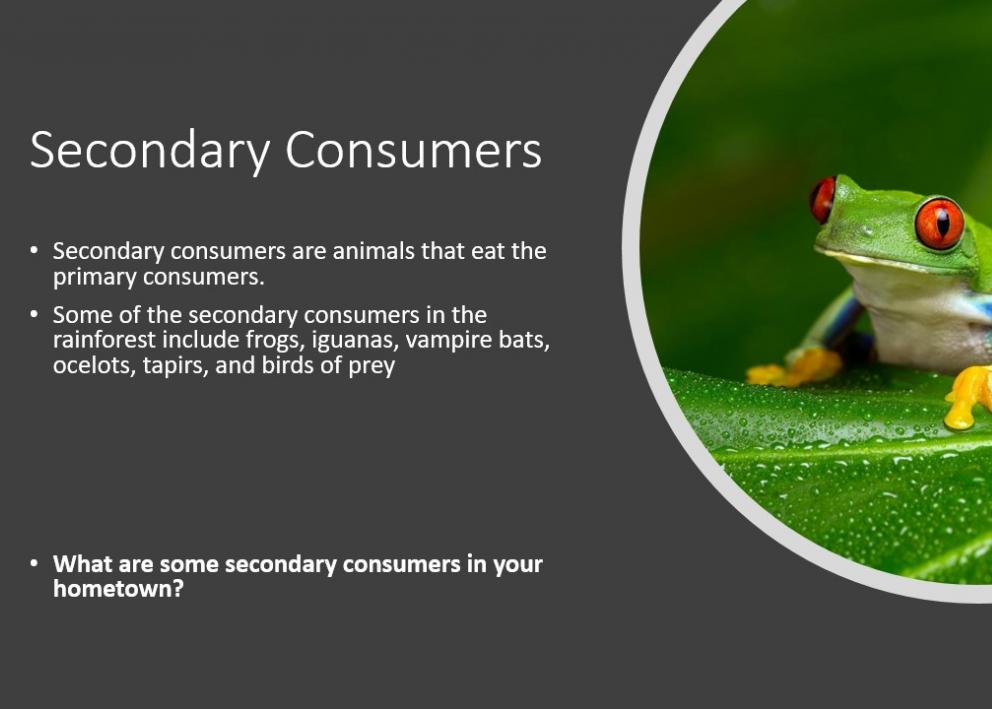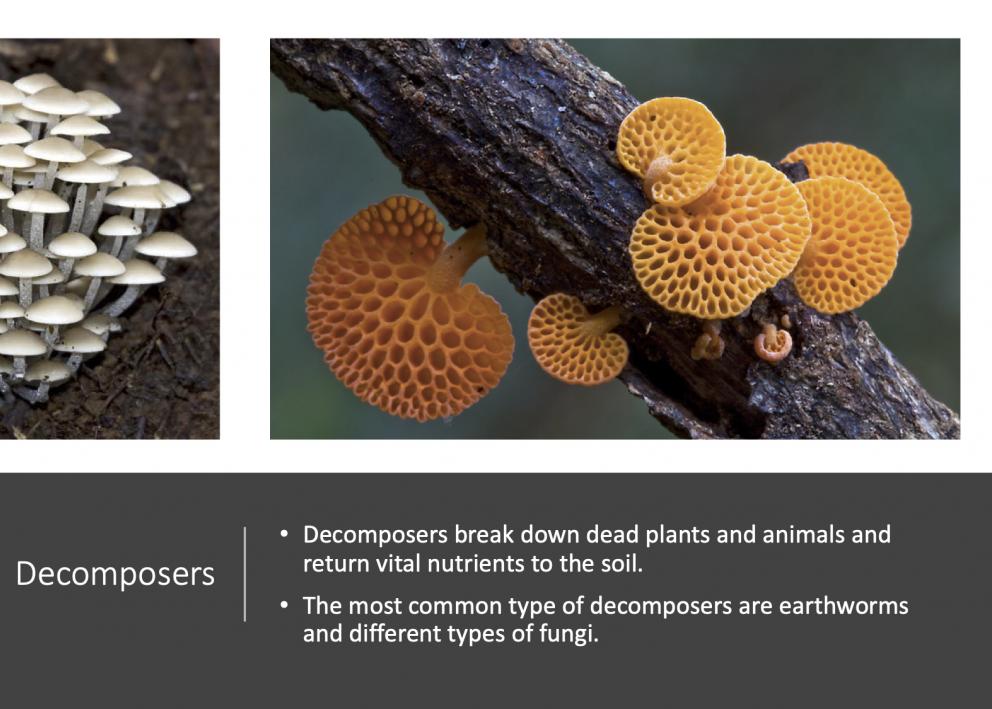Flora and Fauna Study
Flora, are the entire plant life of a region. Fauna, are the animals found in a particular region. We have studied the natural vegetation and climate of LAC. Now it is time to familiarize ourselves with some of the incredible species that inhabit this diverse area. We will start in the rainforest and move our way across climates to the desert to explore some of the complex ecosystems of LAC and the incredible organisms that live there. For the sake of this culture "trunk" we will be focusing on the rainforest and desert, however, we may expand to include other climates and ecosystems in the future.
Rainforest
Introduction to Rainforests
This video provides an exciting way for learners of all ages to get acquainted with the rainforest and some of its inhabitants. Check it out!
Rainforest Fauna
Scarlet Macaw
Scientific Name: Ara macao Diet: nuts, leaves, berries, seeds Fun Fact: • Scarlet macaws sleep together in flocks
Spider Monkey
Scientific Name: Ateles Diet: nuts, leaves, seeds, spiders, bird eggs Fun Fact: They can swing up to a 40 foot distance
Coquí Tree Frog
Scientific Name: Eleutherodactylus coquí Diet: Insects Fun Fact: They sing their mating calls
Amazonian Tapir
Scientific Name: Tapiridae Diet:Fruits, berries & Leaves Fun Fact: They are closely related to horses
Green Anaconda
Scientific Name: Eunectes murinus Diet: large rodents, fish, birds, sheep etc. Fun Fact: Is the world’s heaviest snake
Harpy Eagle
Scientific Name: Harpia harpyja Diet: monkeys, sloths, some reptiles etc. Fun Fact: The harpy eagle is the national bird of Panama
Giant Ant Eater
Scientific Name: Myrmecophaga tridactyla Diet: ants and termites Fun Fact: Has a two foot long tongue
Leaf Cutter Ants
Scientific Name: Atta cephalotes Diet: Fungi Fun Fact: They cultivate their own food
Amazonian River Dolphin (Pink River Dolphin)
Scientific Name: Atta cephalotes Diet: Carnivores (crab, smaller fish) Fun Fact: they utilize echolocation to see
Sloth
Scientific Name: Folivora Diet: leaves, insects, fruits, small lizards Fun Fact: They are decent swimmers
Rainforest Flora
Desert
Intro to Deserts
Get familiar with the harsh, beautiful deserts and the surprising creatures that live there!
Desert Fauna
Chilean Flamingo
Scientific Name: Phoenicopterus chilensis Diet: algae, plankton, mollusks etc. Fun Fact: The backwards “knee” is actually an ankle
Aruba Island Rattlesnake
Scientific Name: Crotalus unicolor Diet: Carnivore Fun Fact: They locate prey by body heat
Burrowing Owl
Scientific Name: Athene cunicularia Diet: insects, small lizards and rodents Fun Fact: They use animal waste to attract dung beetles (a favorite snack)
Humboldt Penguin
Scientific Name: Spheniscus humboldti Diet: Carnivore Fun Fact:They are expert long distance swimmers
Viscacha
Scientific Name: Lagidium viscacia Diet:Grass, moss & lichen Fun Fact:They are incredible rock climbers




























